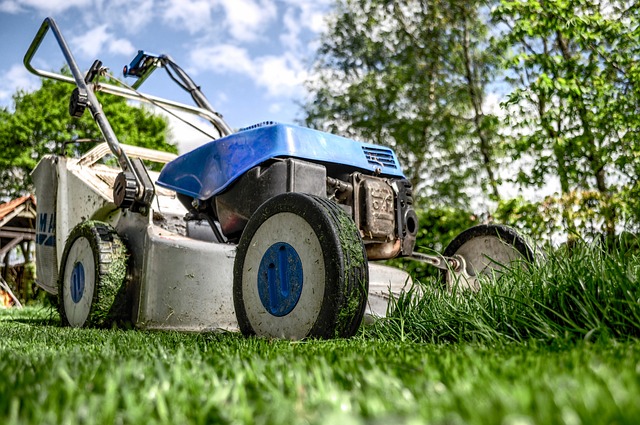Organic waste, including food scraps and yard trimmings, poses significant environmental challenges if not properly managed, contributing to methane emissions and climate change. Strategies like composting and repurposing these materials are essential for sustainable living. Yard waste removal and recycling through composting or landscaping reduce landfill waste, promote soil health, conserve resources, and benefit both local communities and global ecosystems. Many communities now offer dedicated yard waste collections, emphasizing the importance of proper management for minimizing environmental impact.
In today’s eco-conscious world, organic waste reduction strategies are more important than ever. This comprehensive guide delves into effective methods to minimize yard waste, focusing on both practical solutions and innovative initiatives. We explore composting techniques that transform common elements into nutrient-rich resources, recycling options for diverse materials, and creative reuse ideas. By engaging local communities and embracing future trends, we can significantly reduce organic waste, ensuring a more sustainable tomorrow through responsible yard waste removal and recycling practices.
- Understanding Organic Waste: Its Impact and Importance of Reduction
- Yard Waste: A Detailed Look at Common Elements
- Composting 101: Transforming Yard Waste into Nutrient-Rich Resource
Understanding Organic Waste: Its Impact and Importance of Reduction

Organic waste, a byproduct of our daily lives, significantly contributes to environmental issues if not managed properly. It includes food scraps, garden trimmings, and other natural materials that, when improperly disposed of, can lead to methane emissions in landfills, exacerbating climate change. Understanding the impact of organic waste is crucial because it allows us to appreciate the importance of reduction strategies.
Reducing organic waste is not just about minimizing landfill contributions; it’s a key step towards sustainable living and a healthier environment. Simple practices like composting yard trimmings and food scraps can divert significant amounts of waste from landfills, promoting soil health and nutrient cycling. Additionally, recycling and repurposing organic materials can foster a circular economy, where resources are conserved and used more efficiently, benefiting both the local community and the global ecosystem.
Yard Waste: A Detailed Look at Common Elements

Yard waste, often overlooked, is a significant component in organic waste reduction strategies. This category includes a wide range of common elements found in residential and commercial outdoor spaces. Organic materials such as grass clippings, leaves, tree trimmings, and hedges make up a substantial portion of waste that ends up in landfills. By implementing proper yard waste removal and recycling practices, we can significantly curb this environmental impact.
Effective management involves separating these organic materials from other types of waste and diverting them to composting facilities or using them for landscaping purposes. Many communities now offer dedicated collections for yard waste, promoting responsible disposal. This not only reduces the volume of organic material ending up in landfills but also creates valuable resources like compost, which can enhance soil fertility and contribute to sustainable gardening practices.
Composting 101: Transforming Yard Waste into Nutrient-Rich Resource

Composting is an easy, eco-friendly practice that transforms yard waste into a valuable resource—nutrient-rich compost. It’s a simple process where organic materials, like leaves, grass clippings, and food scraps, are combined and allowed to decompose naturally. This natural decomposition breaks down the waste, creating a dark, crumbly substance packed with essential nutrients.
By composting, you’re not only reducing yard waste that would otherwise end up in landfills but also creating a beneficial soil amendment for your garden or local community gardens. It’s an excellent way to recycle organic materials and promote sustainable practices. Plus, it reduces the need for synthetic fertilizers, making it a win-win solution for both your lawn and the environment.
By understanding the impact of organic waste and implementing effective strategies like composting, we can significantly reduce our environmental footprint. Yard waste removal and recycling through composting not only diverts materials from landfills but also creates nutrient-rich resources that benefit gardens and local ecosystems. Embracing these simple yet powerful methods is a step towards a more sustainable future, where responsible waste management becomes the norm.

